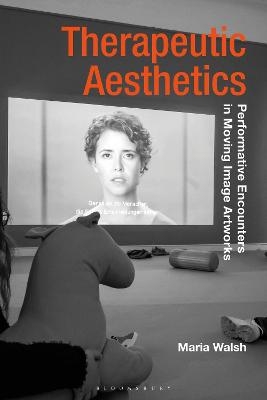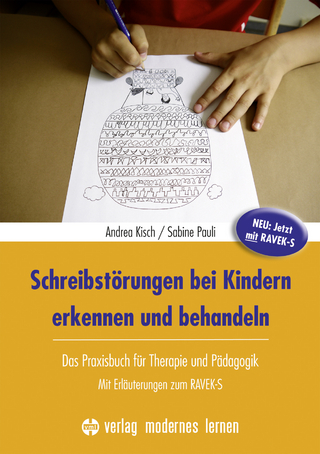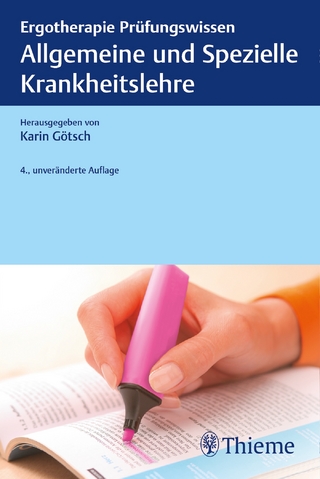
Therapeutic Aesthetics
Bloomsbury Academic (Verlag)
978-1-350-18943-0 (ISBN)
Engaging with a range of philosophers and theorists, including Bernard Stiegler, Franco ‘Bifo’ Berardi, Judith Butler, Félix Guattari, and Eva Illouz, Maria Walsh proposes that there is no cure, only provisional moments of reparation. To address this idea, she uses the concept of the pharmakon, the Greek term for drug which means both remedy and poison. Through this approach, she maintains the conflict between the curative and the harmful in relation to moving image artworks by artists such as Omer Fast, Liz Magic Laser, Leigh Ledare, Oriana Fox, Gillian Wearing and Rehana Zaman. As transitional spaces, these artworks can enable a toleration of anxiety and conflict that may offer another kind of aesthetic self-cultivation than the subjection to biopolitical governance in cognitive capitalism.
Maria Walsh is Reader in Artists’ Moving Image at Chelsea College of Arts, University of the Arts London, UK. Her research on artists’ moving image and critical theory has been published in the peer-reviewed journals Rhizomes, Angelaki, Screen, Refractory, film-philosophy, NECSUS and MIRAJ.
Introduction
1. Setting the scene – two supplementary vignettes
2. The imbrication of poison and cure in Harun Farocki
3. Homeopathic mimicry in Omer Fast’s war trilogy
4. Melanie Gilligan’s signifying semiologies and the micro-resistance of collective subjectivity
5. Pharmacological reparation in Liz Magic Laser’s Primal Speech
6. Leigh Ledare’s pharmacological aesthetics of group analysis
7. Aesthetic modes of performative truth-telling in The O Show and Self Made
8. The transitional pleasures of emotional labour in Lucy Beech’s and Rehana Zaman’s videos
Conclusion: Toxicity and self-care – two poles of pharmacological aesthetics
References
Index
| Erscheinungsdatum | 11.11.2020 |
|---|---|
| Reihe/Serie | Radical Aesthetics-Radical Art |
| Verlagsort | London |
| Sprache | englisch |
| Maße | 156 x 234 mm |
| Themenwelt | Kunst / Musik / Theater |
| Geisteswissenschaften ► Philosophie | |
| Medizin / Pharmazie ► Physiotherapie / Ergotherapie ► Ergotherapie | |
| ISBN-10 | 1-350-18943-X / 135018943X |
| ISBN-13 | 978-1-350-18943-0 / 9781350189430 |
| Zustand | Neuware |
| Informationen gemäß Produktsicherheitsverordnung (GPSR) | |
| Haben Sie eine Frage zum Produkt? |
aus dem Bereich


